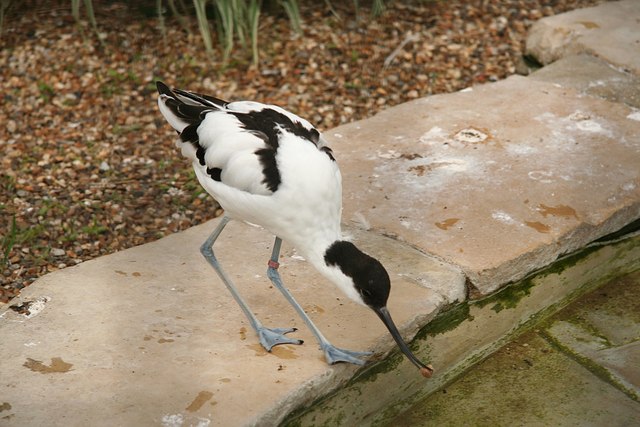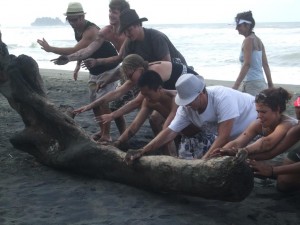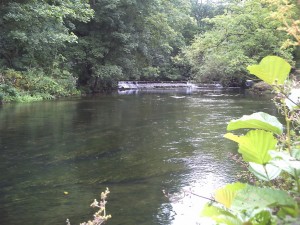Volunteer your way to a career in UK Conservation
In short, if you are looking for a career in conservation, volunteering is not optional but an absolute necessity — though with the range of potentially life-changing opportunities out there, that need not be a depressing thought.
 Image: Richard Croft [CC-BY-SA-2.0 (http://creativecommons.org/licenses/by-sa/2.0)], via Wikimedia Commons
Image: Richard Croft [CC-BY-SA-2.0 (http://creativecommons.org/licenses/by-sa/2.0)], via Wikimedia Commons If there’s one piece of advice anybody looking for a job in conservation has been given, it’s this: volunteer. If you’re a job seeker like me, you’ll have heard it one too many times but the advice is more than well meant – it may be the one thing guaranteed to help. Many people aim high and choose a gap-year style, once-in-a-lifetime overseas trip. The rewards are potentially unbeatable, but it’s always a good idea to look carefully at what you will actually be doing.
TIP: Make sure you are acquiring genuinely useful skills and not just taking a pricey conservation-themed holiday. It’s also wise to speak to people you know because they might recommend a trip personally that they may have tried themselves or know someone who has.
Attractive as volunteering abroad sounds though, not everybody can commit to going overseas but with the volunteering options available for Conservation in the UK, you can stay closer to home and still find yourself living and working in extraordinary places for significantly less. The RSPB runs a scheme that gives you the chance to work on the staff team at one of their reserves for as short as a week or as long as six months. Accommodation is provided so your only expenses will be for food and transport.
Go local
If you can’t get away from home, try your local nature reserve — they may well need extra pair of hands on deck at the weekends, so you can easily fit it into your schedule if you are working/studying full time during the week. Sharing your love and knowledge of wildlife with the public can be brilliant fun and a good way to build confidence too. Even if you don’t see yourself as the all-action wildlife ranger type, there’s still plenty to get stuck in with. See if your national wildlife trust has a local office where you can help out or get in touch with the BTCV in your area — their volunteer officer scheme is varied, flexible and offers great training opportunities.
With volunteers being so important to charities, you’ll get plenty in return — not just the warm glow you’ll get from helping a cause you care about and perhaps a shiny name badge; it really is the best way to prove your commitment to conservation on your CV. In fact, you may have heard a rumour that volunteers’ job applications end up at the top of the pile…and you never know where those contacts you make might lead.
In short, if you are looking for a career in conservation, volunteering is not optional but an absolute necessity — though with the range of potentially life-changing opportunities out there, that need not be a depressing thought. The opportunities today are limitless!





One Comment
Great advice, ensure the projects you are on are challenging you and increasing skills and knowledge. Not as the article states a themed holiday